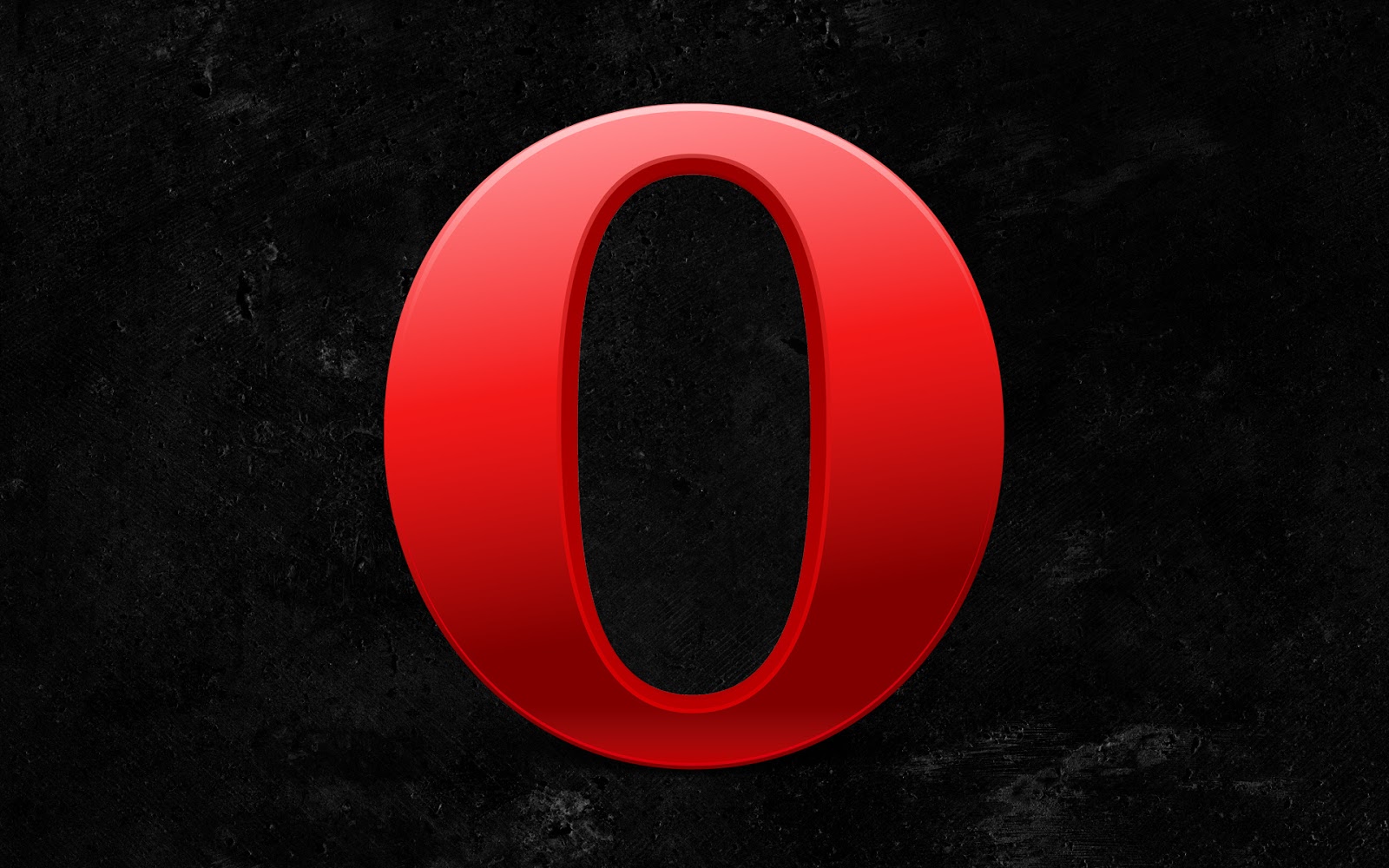

Opera Software, the developer of the popular web browser, has today revealed plans to abandon its own Presto rendering engine in favour of Cromium on desktops, and WebKit on mobile devices. The “gradual” transition to the new platforms will take place during 2013.
The company has also announced that it passed the 300 million monthly user milestone across all of its products.
Replacement of the proprietary engine is seen by some as the death knell for the alternative browser. However, Opera has assured its customers that the change will improve user experience without alienating loyal followers.
Since 1994, Norwegian browser-makers at Opera Software have focused their efforts on delivering faster Web experiences, particularly for mobile devices. Opera Mini is currently the third most popular mobile browser in the world, and holds a 15.35 percent market share. The only mobile browsers doing any better are the default offerings on Android and iOS .
The company plans to use the open source WebKit engine to build the next version of Opera Mini, rather than an in-house development. The same engine is currently used by mobile versions of Safari, Chrome and several other popular browsers.
“The WebKit engine is already very good, and we aim to take part in making it even better. It supports the standards we care about, and it has the performance we need,” explained the switch Håkon Wium Lie, CTO of Opera Software.
On the desktops, the Presto engine will be replaced by the open source Chromium project. Russian internet search and service provider Yandex is another company that uses Chromium as the basis for its browser. According to GigaOm, Opera Software is also dropping the proprietary Carakan JavaScript engine in favour of Google’s V8.
“It makes more sense to have our experts working with the open source communities to further improve WebKit and Chromium, rather than developing our own rendering engine further. Opera will contribute to the WebKit and Chromium projects, and we have already submitted our first set of patches: to improve multi-column layout,” said Wium Lie.
“Opera is also experimenting with WebKit in several research and development projects,” he added.
One of these projects, codenamed “Ice”, is a gesture-controlled mobile browser that (similarly to Ubuntu Mobile) hides all the settings and buttons, in order to take full advantage of the small smartphone screen. The brand new offering is scheduled to be released on Android and iOS in February. The company previously said that the fact it is developing another mobile browser does not mean it will abandon Opera Mini.
The company will show a preview of its upcoming browser for Android at Mobile World Congress, which will take place in Barcelona later this month.
How well do you know your web browsers? Take our quiz!
Nvidia to partner with TSMC, Foxconn, Wistron, Amkor and SPIL to build $500 billion (£377…
American think tank warns about possible threat to US defence, after China imposes rare earth…
China is reportedly pursuing three alleged US NSA operatives, after cyberattacks on Chinese infrastructure
Chip making giant ASML mirrors other equipment makers, and outlines financial impact of Donald Trump's…
AI is transforming cybersecurity, offering faster defence and smarter attacks. Learn how businesses can harness…
Search engine giant being sued for £5 billion ($6.64 billion) damages over allegations for online…
View Comments
Chromium uses Webkit as it's rendering engine, just like Chrome, so does the fact that Opera are supporting Chromium and WebKit mean that they are dropping their desktop browser?
Saying they are using V8 and WebKit suggests they are ripping the guts out of Opera and making like Chrome, but saying they are supporting Chromium suggests much more.
They article is not clear so which is true?
Sorry if I wasn't clear, guys from Opera have promised "a gradual transition to the WebKit engine, as well as Chromium" on "smartphones and computers". I guess it really means that Opera browser is no more.
They recently bought two mobile advertising companies. Is making money more important than developing your own rendering engine?
I've used Opera as my default browser ever since I discovered it some 7 years ago. This is a sad day...